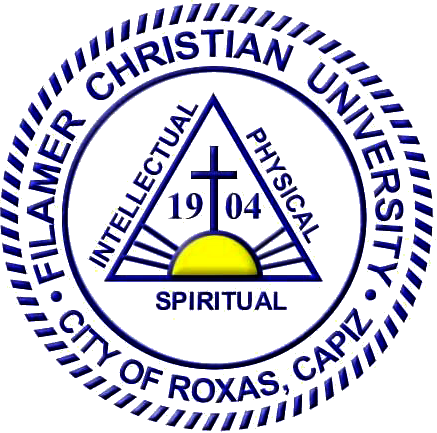GE Elec 1 (Environmental Science)
Class
Schedule: 2:30-4:00 p.m. (TTh)
_This course mainly deals with the study of the various fields of specification with the basic knowledge of Earth's Environmental situation and the essential role of man in the mental presentation and conversation of the earth's natural resources.
Here is the class outline:
1. Ecology
Roxas City
A discussion about Species, Population, Community, Ecosystem, Biosphere, Atmosphere, Hydrosphere, Lithosphere, Habitat, Niche, and Biome |
2. Organism, Agriculture, and Cycling of MaterialsThis lesson talks about several concepts that deal with organisms' evolution, natural selection, and adaptation. It also highlights relevant topics about the Agriculture and the environment, and the cycling of materials |
3. Special Project in Environmental Science (GE Elec 1)In this capstone exercise, each student will have the opportunity to search for a suitable peer-reviewed scientific article/ journal covering three (3) topics (preference) in GE Elec 1. And based from their learnings on these topics, they need to critique whether the authors’ choice of evidence(s) is convincing in support to the key topics they have learned and present a summary of the research plus their analysis. |
4. FINAL EXAMINATION IN GE ELEC 1 (Environmental Science)
Jan 20, Roxas City
The following topics are the coverage of this FINAL Examination: 13. Phosphorus Cycle 14. Water Cycle 15. Use of 4R’s 16. Current Environmental Problems (Quarrying and Mining Operation and Soil Depletion) 17. Current Environmental Problems (Global Warming, Deformation and Illegal logging activities) 18. Water Pollution 19. Air Pollution 20. Soil/Land Pollution 21. Noise Pollution 22. Remedial Measures and Intervention Programs for Pollution of the Environment 23. Historical and Current trends in Human Population Growth 24. Geographical distribution of Human Population Growth 25. Population size and Growth Rate 26. Culture and Religion 27. Social and Economic Status 28. Level of Affluence |




